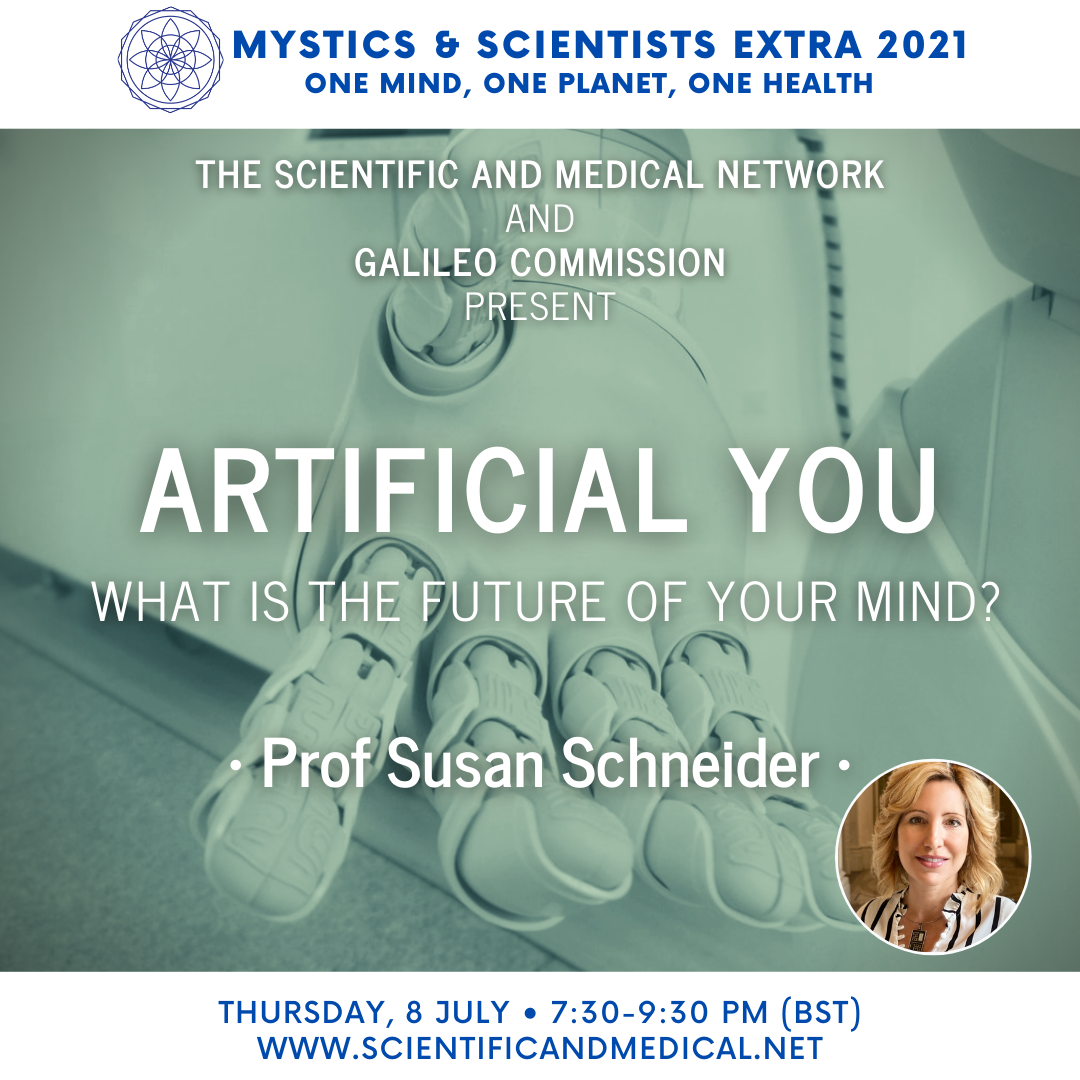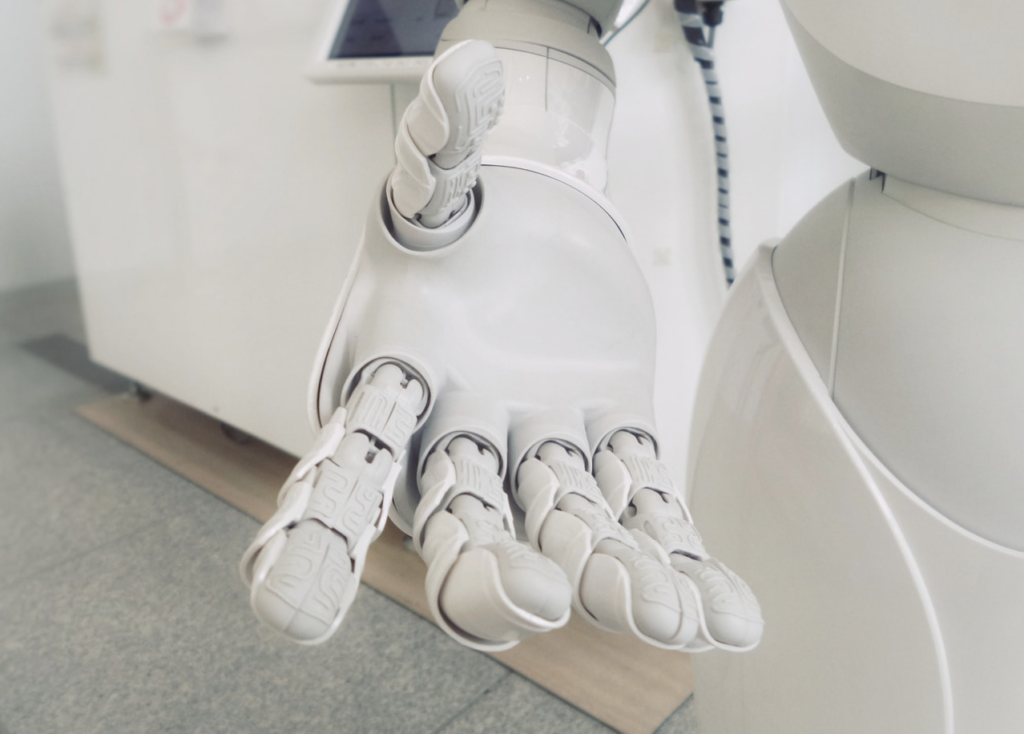
Prof Susan Schneider – Artificial You
What is the future of your mind?

Humans may not be Earth’s most intelligent species for much longer: the world chess, Go, and Jeopardy! champions are now all AIs. Given the rapid pace of progress in AI, many predict that AI could advance to human-level intelligence within the next several decades. From there, it could quickly outpace human intelligence. What do these developments mean for the future of the mind?
In ‘Artificial You’, Susan Schneider urges that it is inevitable that AI will take intelligence in new directions, but it is up to us to carve out a sensible path forward. As AI technology turns inward, reshaping the brain, as well as outward, potentially creating machine minds, it is crucial to beware. Homo sapiens, as mind designers, will be playing with ‘tools’ they do not understand how to use: the self, the mind, and consciousness.
Schneider argues that an insufficient grasp of the nature of self, consciousness, and mind could undermine the use of AI and brain enhancement technology, bringing about the demise or suffering of conscious beings. To flourish, we must grasp the philosophical issues lying beneath the algorithms.
At the heart of her exploration is a sober-minded discussion of what AI can truly achieve: Can robots really be conscious? Can we merge with AI, as tech leaders like Elon Musk and Ray Kurzweil, suggest? Is your mind just a programme? Examining these thorny issues, Schneider proposes ways we can test for machine consciousness, questions whether consciousness is an unavoidable by-product of sophisticated intelligence, and considers the overall dangers of creating machine minds.
⦿ Please note: this event is hosted in collaboration with the Galileo Commission.
•
About the speaker:

Prof Susan Schneider is the Founding Director of the new Center for the Future Mind at Florida Atlantic University (FAU). She writes about the nature of the self and mind, especially from the vantage point of issues in philosophy, AI, cognitive science and astrobiology. In her recent book, ‘Artificial You: AI and the Future of the Mind’, she discusses the philosophical implications of AI, and, in particular, the enterprise of “mind design.” As the NASA chair, Schneider has recently completed a two-year project with NASA on the future of intelligence. She now works with Congress on AI policy. She also appears frequently on television shows on stations such as PBS and The History Channel. She writes opinion pieces for the New York Times, Scientific American and The Financial Times. Her work has been widely discussed in the media. She is currently working on a new book on the shape of intelligent systems (with W.W. Norton).
Learn more at: www.schneiderwebsite.com
TICKETS
Please note: all bookings will receive a link to view the RECORDING
Speaker
-
 Susan SchneiderFounding Director, Center for the Future Mind, Florida Atlantic University
Susan SchneiderFounding Director, Center for the Future Mind, Florida Atlantic UniversityProf Susan Schneider is the Founding Director of the new Center for the Future Mind at Florida Atlantic University (FAU). She writes about the nature of the self and mind, especially from the vantage point of issues in philosophy, AI, cognitive science and astrobiology. In her recent book, ‘Artificial You: AI and the Future of the Mind’, she discusses the philosophical implications of AI, and, in particular, the enterprise of “mind design.” As the NASA chair, Schneider has recently completed a two-year project with NASA on the future of intelligence. She now works with Congress on AI policy. She also appears frequently on television shows on stations such as PBS and The History Channel. She writes opinion pieces for the New York Times, Scientific American and The Financial Times. Her work has been widely discussed in the media. She is currently working on a new book on the shape of intelligent systems (with W.W. Norton).
